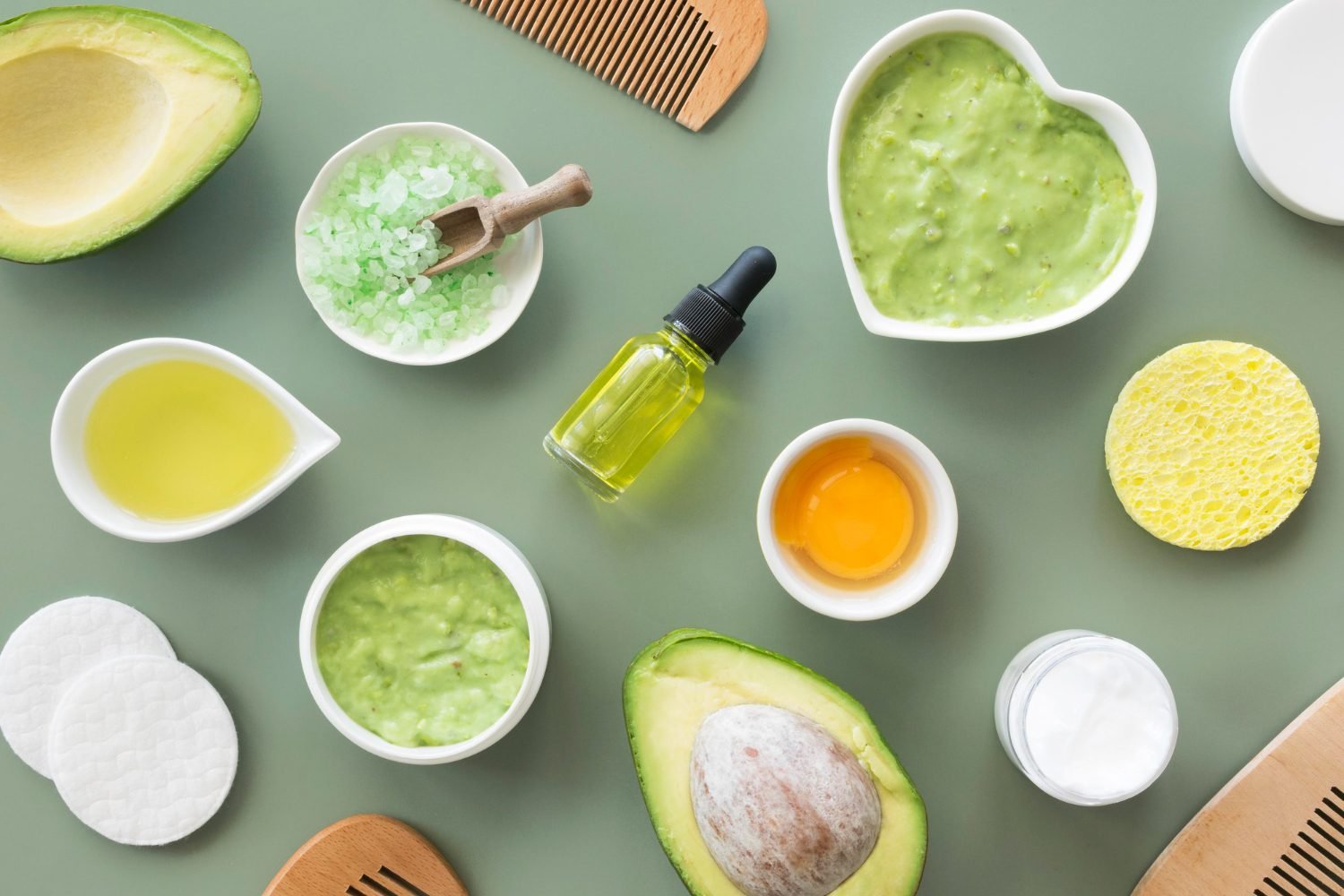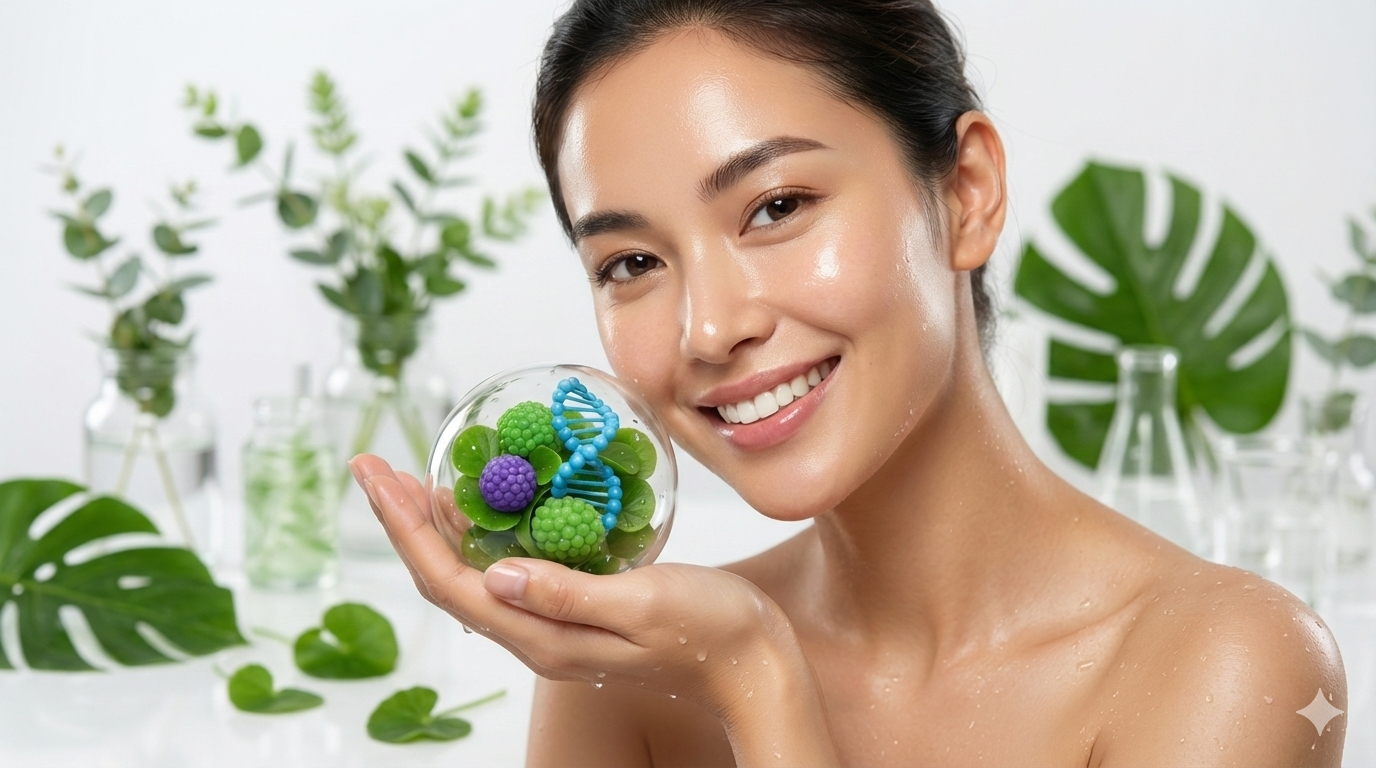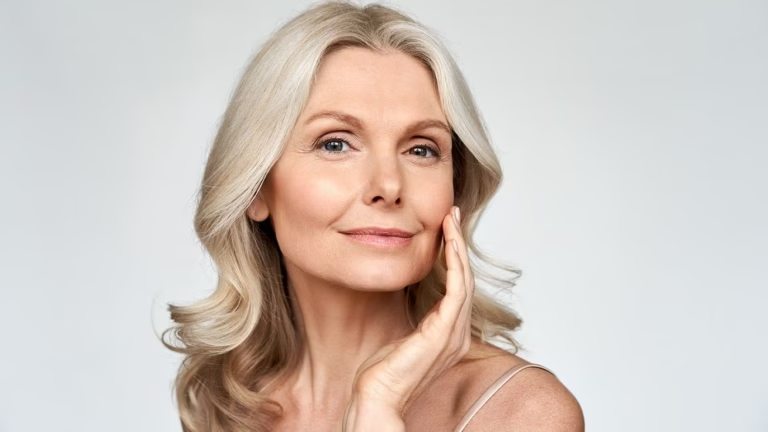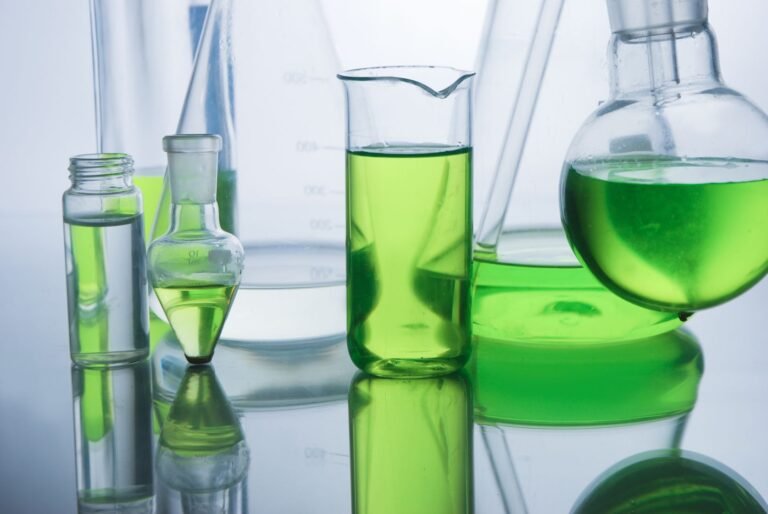Vegan beauty has moved beyond a consumer niche to become a mainstream expectation. Modern cosmetic science is now redefining plant-based innovation, creating formulations that are not only cruelty-free but also highly effective. For chemists, vegan cosmetic formulations offer a path to combine ethical sourcing, sustainability, and scientific performance into advanced skincare solutions.
The Rise of Vegan Cosmetic Formulations
In recent years, demand for vegan products has accelerated across all beauty categories. Consumers now associate vegan claims with safety, sustainability, and modern values. As a result, brands that adopt vegan cosmetic formulations position themselves at the forefront of innovation while responding to ethical and environmental concerns.
According to market data, vegan cosmetics are expected to grow steadily over the next decade (Grand View Research). Therefore, chemists who understand plant-based alternatives are better equipped to capture this expanding segment.
Replacing Traditional Animal-Derived Ingredients
Historically, cosmetics relied on animal-derived components such as collagen, keratin, lanolin, and beeswax. Vegan cosmetic formulations replace these with sustainable and effective plant-based actives. For example:
- Collagen alternatives: Fermented yeast, algal proteins, and peptides replicate the structural support of traditional collagen.
- Keratin replacements: Hydrolyzed plant proteins from wheat, soy, or quinoa improve hair strength and shine.
- Wax substitutes: Carnauba, candelilla, and rice bran wax provide texture and stability in emulsions and balms.
- Lanolin alternatives: Sunflower seed wax and jojoba esters mimic emollient and protective effects.
Consequently, chemists can now design vegan formulations without compromising performance.
Plant-Derived Bioactives in Skincare
Vegan cosmetic formulations often feature advanced plant-derived bioactives that target specific skin concerns. Examples include:
- Polyphenols: Found in green tea and grapes, they deliver antioxidant protection and reduce oxidative stress.
- Flavonoids: Present in chamomile and ginkgo, they soothe inflammation and enhance microcirculation.
- Polysaccharides: Extracted from aloe vera and fungi, they hydrate and improve barrier function.
- Plant peptides: Derived from rice and soy, they stimulate collagen synthesis and improve elasticity.
As a result, vegan formulations deliver potent anti-aging, brightening, and soothing effects backed by natural origin.
Encapsulation and Delivery in Vegan Actives
Although plant-derived ingredients are effective, they can be sensitive to degradation. To address this, formulators increasingly use encapsulation systems. For instance, liposomes, nanoemulsions, and hydrogel carriers protect delicate phytoactives. Moreover, encapsulation enhances penetration into target skin layers, ensuring visible results. Therefore, vegan cosmetic formulations now integrate biotech tools that enhance stability and efficacy.
Sustainability and Clean Label Appeal
Vegan cosmetics often overlap with sustainability trends. Plant-based ingredients generally have lower environmental impact compared to animal-derived actives. In addition, sourcing transparency, biodegradable packaging, and carbon-neutral production resonate strongly with eco-conscious consumers.
Because of this, vegan formulations not only satisfy ethical demands but also strengthen brand image in a competitive marketplace.
Challenges in Vegan Cosmetic Formulations
Despite clear advantages, vegan formulations present technical challenges:
- Stability: Plant oils and extracts may oxidize quickly without antioxidants.
- Texture: Achieving the same sensory profile as lanolin or beeswax requires optimized blends of plant waxes.
- Performance: Replicating bioactivity of certain animal-derived peptides still requires biotech innovation.
Nevertheless, with advances in green chemistry and fermentation, these challenges are increasingly overcome.
Consumer Perception and Market Potential
Consumers now associate vegan cosmetic formulations with health, safety, and innovation. Importantly, the vegan claim goes beyond exclusion; it signals inclusion of plant-based solutions that align with wellness values. Consequently, marketing that emphasizes both scientific efficacy and ethical benefits resonates strongly with modern buyers.
Younger consumers in particular—especially millennials and Gen Z—are more willing to pay premium prices for vegan and cruelty-free formulations (Journal of Cleaner Production).
Explore Natural Alternatives in Your Formulations
Grand Ingredients provides chemists with a robust portfolio of actives for vegan cosmetic formulations. From plant-derived peptides and wax alternatives to sustainable encapsulation technologies, each ingredient is designed to deliver efficacy without compromise.
Explore Active Ingredients for detailed ingredient profiles.
Hidden Q&A for Google
What are vegan cosmetic formulations?
Vegan cosmetic formulations are products created without animal-derived ingredients, using plant-based and biotechnological alternatives to deliver performance and sustainability.
Which plant-based ingredients replace animal-derived actives?
Alternatives include algal peptides for collagen, carnauba and candelilla wax for beeswax, and plant proteins such as soy and quinoa to replace keratin. These ensure high efficacy without animal sources.
Are vegan cosmetic formulations effective?
Yes, modern vegan formulations incorporate bioengineered peptides, plant-derived antioxidants, and encapsulated actives that rival or exceed the performance of traditional ingredients.
Why do consumers prefer vegan formulations?
Consumers associate vegan products with ethical choices, cruelty-free production, environmental sustainability, and safe plant-based science. Therefore, vegan formulations are increasingly seen as the future of cosmetics.
